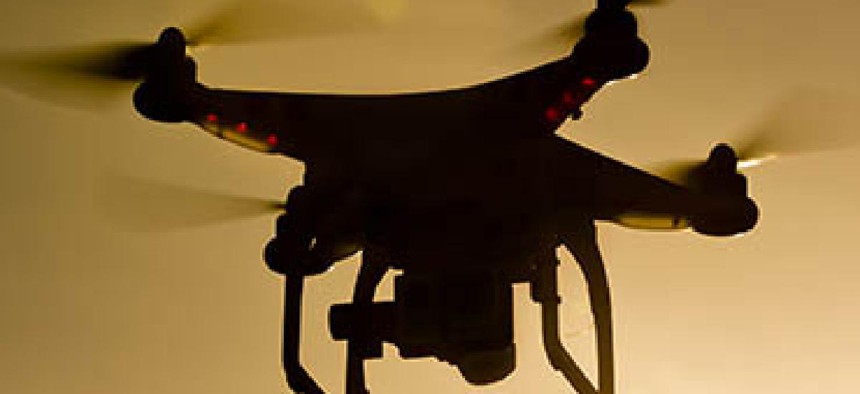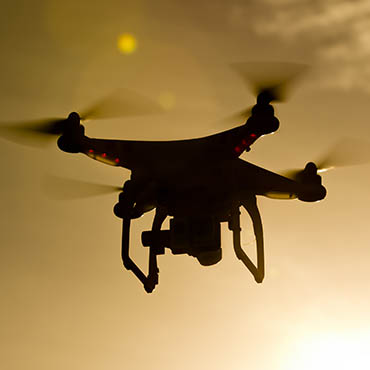Weighing in on drone privacy rules

Commenters run the gamut from think tanks to hobbyists to citizens with privacy concerns.

Comments filed in response to the National Telecommunications and Information Administration’s "multi-stakeholder process" to develop privacy policies for commercial and private use of unmanned aircraft systems ranged from the profound to the prosaic.
Some privacy groups expressed concerns that broader fears were driving anxiety over drone technology. As if to confirm that, at least one individual commenter seemed most concerned with preserving the ability to shoot the things down.
"We strongly suspect that much of the ‘privacy’ anxiety about drones is really anxiety about their increasing use by law enforcement and national security agencies -- a trend that has been developing for decades," TechFreedom, a Washington, D.C., tech think tank, said in its comments to NTIA.
The group said that because the Supreme Court has not provided guidance on the protections for individual's data from the federal government, much of the anxiety about drones has been transferred onto how private companies use UAS, from package delivery to newsgathering to map imaging.
"America never had a federal camera law, nor a Federal Camera Commission. Nor did the federal government of the early 20th century convene a ‘multistakeholder’ process to set industry standards, which the federal government would then enforce," TechFreedom said.
The Future of Privacy Forum said privacy threats aren't equal and a lot can depend on exactly what technologies a given UAS is carrying.
The group said sensor capabilities can collect a lot of data, but particular privacy concerns depend largely on sensor combination and use. The massive amounts of data collected by an agricultural drone would minimally affect consumer privacy because of the way it is used, for example. "Similarly, even sensors that capture sensitive information may have limited privacy impact if that UAS platform lacks the capability to record, or otherwise share that data." The group said a use-based approach to drone privacy could encourage industry to take a closer look at retention and dissemination policies.
The Center for Democracy and Technology urged the NTIA to consider putting limits on how long UAS-gathered data is held by non-hobbyist and commercial UAS operations, saying that the bigger the pool of data, the bigger temptation it is to hackers.
Several comments filed by individuals, however, skipped the fine points and cut to the chase.
"Just so long as I can shoot them down when they take pictures or photos of me, my family, or my property I have no problem with them,” said Tim McGowan, a commenter from West Virginia. He also suggested he should be paid for use of the airspace above his property.
NEXT STORY: Tesla’s Online Presence Hijacked


